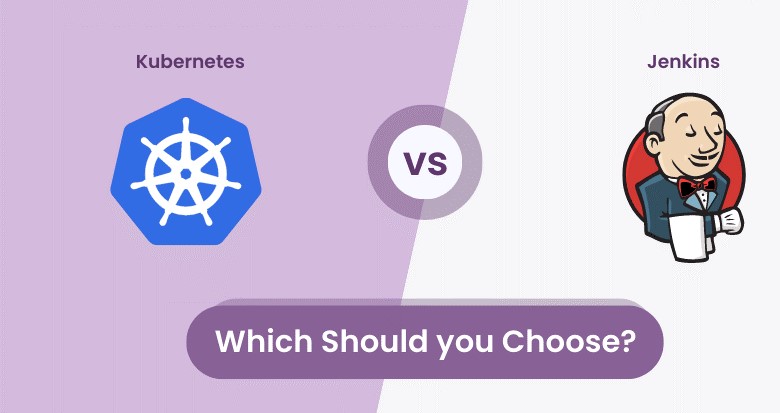Deciding Between Kubernetes and Jenkins for Big Data Engineering: A Comprehensive Guide
Big Data engineering involves processing and managing massive volumes of data efficiently. In this article, we’ll explore the roles of Kubernetes and Jenkins in the world of Big Data engineering and examine how these tools are used to streamline complex data workflows.
Understanding Kubernetes and Jenkins in Big Data Engineering
Kubernetes: Kubernetes is a container orchestration platform that automates the deployment, scaling, and management of containerized applications. It excels at managing distributed applications and offers scalability and high availability.
Jenkins: Jenkins is an open-source automation server that facilitates continuous integration and continuous delivery (CI/CD) processes. It automates building, testing, and deploying software.
Kubernetes in Big Data Engineering:
- Containerization: Kubernetes helps package Big Data processing applications into containers, ensuring consistency across various environments.
- Scalability: Big Data tasks often require scaling resources dynamically. Kubernetes allows horizontal scaling to accommodate varying workloads.
- Resource Management: Kubernetes manages resource allocation efficiently, which is crucial for optimizing performance in data-intensive tasks.
- Microservices: Kubernetes supports deploying complex Big Data workflows as microservices, enhancing modularity and manageability.
Navigating Deployment: A Guide to Deploying Spring Boot Microservices in Kubernetes
Jenkins in Big Data Engineering:
- CI/CD Pipelines: Jenkins automates the building, testing, and deployment of Big Data applications, ensuring rapid and reliable integration.
- Automation: Jenkins allows Big Data engineers to automate repetitive tasks, reducing manual intervention in data processing pipelines.
- Integration: Jenkins integrates with various tools and platforms used in Big Data ecosystems, enabling seamless workflow orchestration.
Kubernetes and Jenkins: Complementary Roles
While Kubernetes and Jenkins serve different purposes, they often work together in Big Data engineering:
- Containerized Deployments: Big Data applications containerized with Kubernetes can be integrated into Jenkins CI/CD pipelines for automated testing and deployment.
- Resource Management: Jenkins can leverage Kubernetes to manage the resources required for running Big Data processing tasks efficiently.
- Scalability: Kubernetes’ scalability complements Jenkins’ automation, ensuring applications can handle varying data loads.
Choosing the Right Tool for the Job
- Kubernetes: Ideal for managing complex, distributed Big Data applications with scalability demands and microservices architecture.
- Jenkins: Best suited for automating the CI/CD pipeline of Big Data applications, ensuring reliable and efficient deployment.
In the world of Big Data engineering, both Kubernetes and Jenkins play vital roles in enhancing efficiency and automation. While Kubernetes excels at managing containerized applications and orchestrating complex workflows, Jenkins streamlines the integration and deployment processes. The key to success lies in understanding the unique strengths of each tool and employing them synergistically to build robust and streamlined Big Data workflows.

